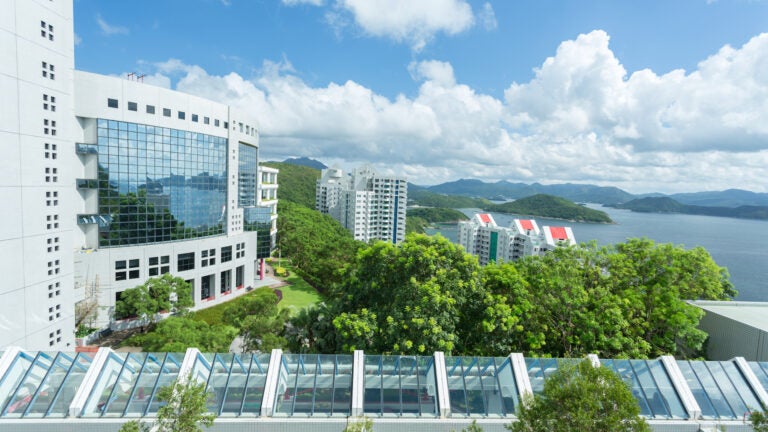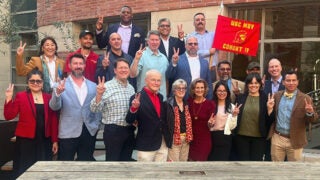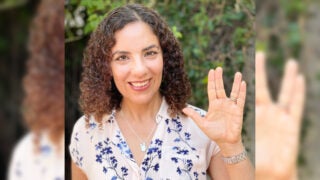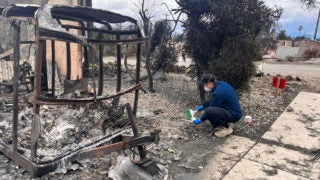
New dual master’s program to begin at USC and universities in Hong Kong, South Korea
USC Rossier partners on global program for bilingual education teachers with Hong Kong University of Science and Technology and Yonsei University
The USC Rossier School of Education is launching a new dual master’s degree program to help address the growing demand for bilingual education teachers in Chinese, Korean and other languages.
The World Master’s in Language Teaching program, to begin this fall will bring USC Rossier together with Hong Kong University of Science and Technology (HKUST) and Yonsei University in Seoul, South Korea.
Students will spend time at USC and either HKUST or Yonsei earning two degrees: a Master of Arts in Teaching–Teaching English to Speakers of Other Languages (MAT-TESOL) from USC and either a Master of Arts in International Language Education for Chinese language through HKUST or a Master of Arts in Korean Language and Literature through Yonsei.
“These partnerships bring new meaning to USC Rossier’s mission to improve learning in urban education locally, nationally and globally,” said USC Rossier Dean Karen Symms Gallagher. “I can think of no better approach for addressing the local need for English-language teachers than to create global programs that ensure we are expanding opportunities for talented instructors from throughout the world.”
Students will also have the opportunity to pursue a preliminary teaching credential in California in English-language development or world languages. The single-subject program to prepare middle and high school teachers will start this fall; a multiple-subject program is planned for fall 2018.
Abroad and at home
The first semester of the program is spent abroad, immersing students in Chinese or Korean language and culture. Students then come to USC to take courses in general language instruction and complete fieldwork in local classrooms. Students have the option to spend their spring semester at USC or abroad.
The concept emerged through ongoing conversations between Rob Filback, an associate professor of clinical education at USC Rossier, and James Lee, dean of HKUST’s School of Humanities and Social Sciences. The program’s leaders said the program is unique in several ways, including its international and intercultural nature, the opportunity for cross-dialogue and learning among teachers of different languages and the strong level of inter-institutional collaboration.
We wanted to find a way for students to develop solid teaching fundamentals in two languages and cultures, but also acquire a global awareness and critical understanding of serious challenges facing learners around the world today.
Rob Filback
“We wanted to find a way for students to develop solid teaching fundamentals in two languages and cultures, but also acquire a global awareness and critical understanding of serious challenges facing learners around the world today,” Filback said. “Our vision was to create a hub where students from different language-teaching models and traditions interact and learn from each other.”
Growing demand
Demand for bilingual teachers is growing. Last November, California voters approved Proposition 58 by an almost 3-to-1 margin, reintroducing to public schools bilingual education courses that had been prohibited more than two decades ago.
And several U.S. states have been consistent in reporting teacher shortages in the area of bilingual education since the U.S. Department of Education started keeping track in the 1990s.
Filback envisions the program expanding to include partnerships with other universities, allowing for dual-degree pathways in additional critical languages and opportunities for students to study in places like Brazil, Colombia, France, the Middle East and Russia.
“As metropolitan areas around the world expand and diversify, bilingual and dual language-education models are becoming more popular,” Filback said. “As a result, there is growing demand for teachers who are not only bilingual but who also bring critical cultural awareness and professional versatility.”



